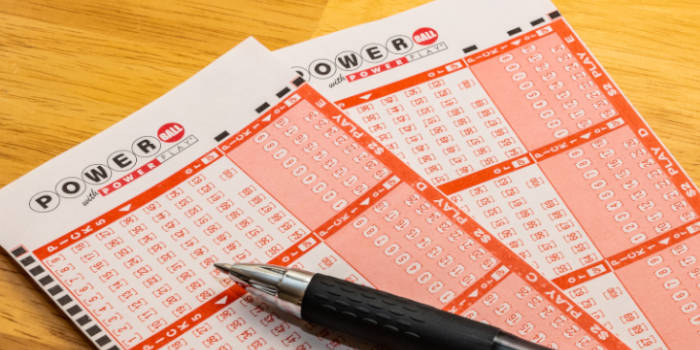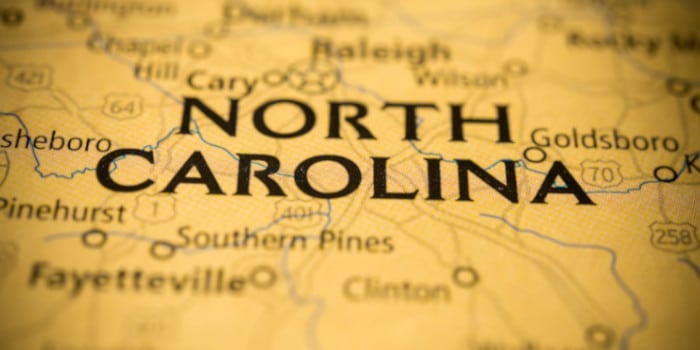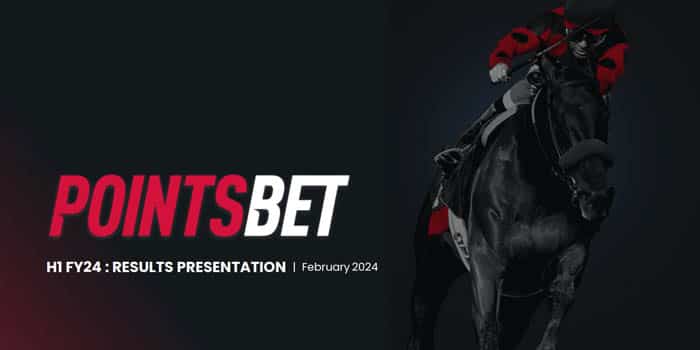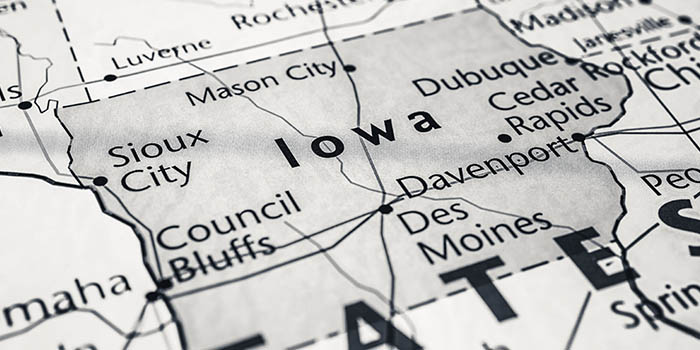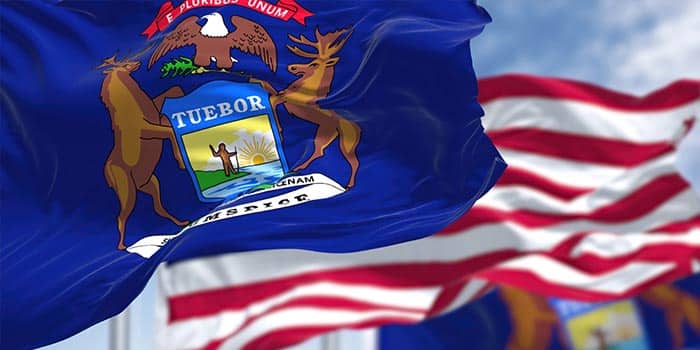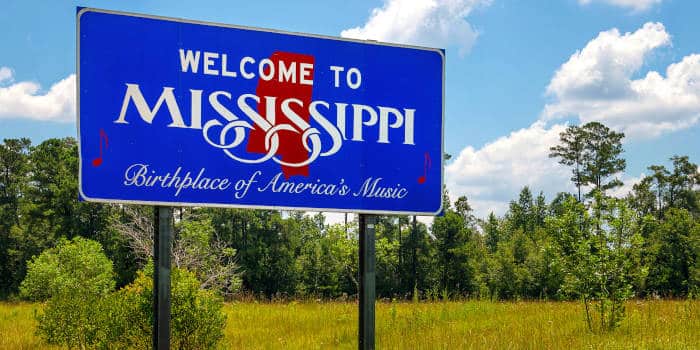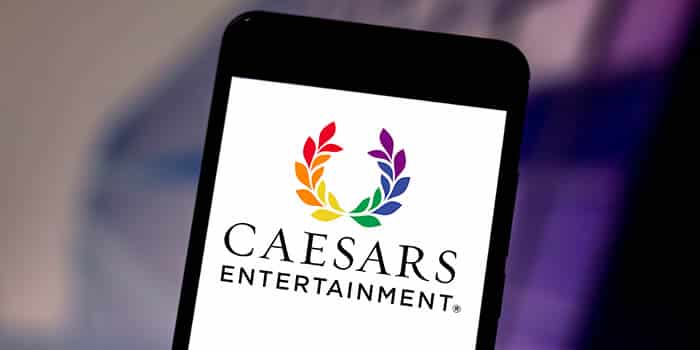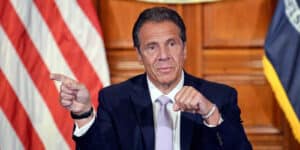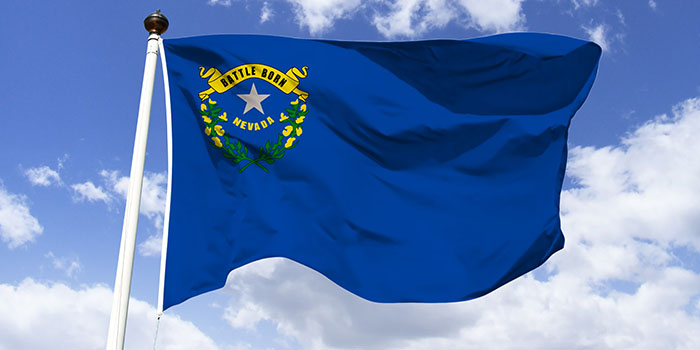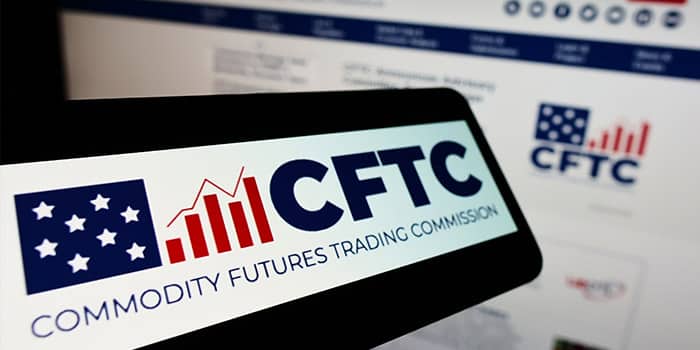Fact-checked by Stoyan Todorov
NCAA Moves to Let College Athletes Bet on Pro Sports
The NCAA is considering allowing college athletes and staff to place legal bets on professional sports, while maintaining the ban on college game wagers
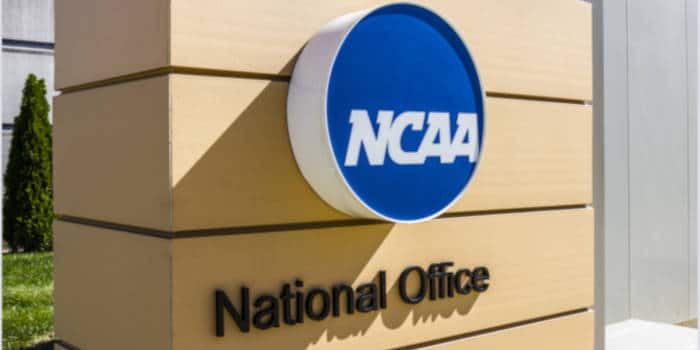
Legal sports betting has taken off across the U.S. since the Supreme Court decided to strike down the federal ban in 2018. Now, you can bet legally in 38 states and Washington, D.C.
The National Collegiate Athletic Association (NCAA) may be taking its biggest step yet toward modernizing its stance on the matter.
On June 24, the Division I Council took the first step toward letting college athletes and staff bet on pro sports.
Obsolete Rules Discussed
The proposal still needs to clear a few more hurdles, but it signals a major departure from how the NCAA has handled sports betting in the past.
The proposal will be finalized only if the Council signs off again at the conclusion of its meetings on June 25. It would also need support from governance bodies in Division II and III later this summer, plus a formal vote in October.
This isn’t coming out of nowhere. Back in April, the Division III Management Council gave its early support “in concept” to loosen rules around pro sports wagering.
The Division I Board of Directors also voted 21-1 in favor of relaxing the current ban and urged the Council to move forward with new legislation.
As part of that process, they also asked for the development of “a safe harbor, limited immunity or reduced penalties” for student-athletes who admit to gambling and seek help.
“NCAA rules prohibiting sports betting at all levels were written and adopted at a time when sports gambling was largely illegal nationwide,” said Division I Council chair and Illinois University’s athletic director, Josh Whitman.
Whitman pointed out that, given the widespread availability of sports betting across the U.S., Division I members have established that “further discussion of these sports betting rules” was justified, especially when related to making clear distinctions between betting on professional versus collegiate sports.
The main concern throughout the talks was, as the NCAA put it, student-athlete wellness and their education on the risks and potentially harmful impacts of betting.
“Deregulating professional sports betting may provide schools an additional opportunity to implement harm-reduction strategies, which can be more effective and have long-term benefits not seen with abstinence-only approaches.”, believes NCAA’s chief medical officer, Dr. Deena Casiero.
College Sports Betting, Still Banned
The NCAA still plans to ban wagering on college sports and will continue to prohibit athletes and staff from sharing insider information. Betting-related ads and sponsors will also remain barred from championship events.
This proposed change follows a high-profile case in 2023, when 25 athletes from Iowa and Iowa State were arrested for illegal betting, including some bets on college games. Most charges involved underage gambling.
Many schools already include strict betting clauses in coaches’ contracts. For example, Alabama head coach Kalen DeBoer’s contract makes it crystal clear he’s not allowed to place bets, encourage others to gamble, or share any inside info with known bettors. In parallel, the push for tighter rules around college sports continues. Just this month, New Jersey’s Senate committee advanced a bill from Sen. Kristin Corrado that would ban player-specific prop bets on college games.
After finishing her master's in publishing and writing, Melanie began her career as an online editor for a large gaming blog and has now transitioned over towards the iGaming industry. She helps to ensure that our news pieces are written to the highest standard possible under the guidance of senior management.




